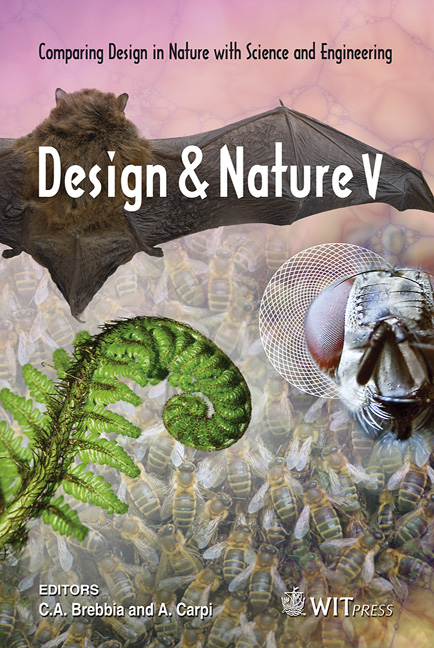Effect Of Grounded Bone Powder Addition On The Mechanical Properties Of Cement Mortar
Price
Free (open access)
Transaction
Volume
138
Pages
12
Page Range
201 - 212
Published
2010
Size
3,221 kb
Paper DOI
10.2495/DN100181
Copyright
WIT Press
Author(s)
M. Kotb, M. Assas & H. Abd-Elrahman
Abstract
This paper presents an experimental investigation on the effect of using bone powder (BP), as a cement addition, on the mechanical properties of cement mortar. The evaluation was based on the assessment of mechanical properties (compressive strength and indirect tensile strength) measured at 7, 28, 90, 180 and 270 days. The abrasion resistance was measured at 7 and 28 days. The BP was added by the percentages of 0, 5, 10, and 15% (weight % of cement). A sand to cement ratio of 3:1 was used. The water/cement ratio was kept at 0.55. The results of all tests showed high performance based on compressive strength, and tensile strength when adding 5% BP to cement mortar. The addition of 10% or 15% BP is not recommended for compressive and tensile property requirements, where the strength results record lower strength values compared to that of 0% BP. Although the abrasion resistance of the mortar specimen improved with the addition of BP up to 10% at the testing age of 7 days, the improvement was continued with the addition of 15% BP at the testing age of 28 days. X-ray diffraction and a scanning electron microscope (SEM) were also invoked to show phase transformations and microstructure analysis due to the BP addition after hardening; the increase of strength at 5% bone powder (BP) is mainly due to the bone acting as a filler or nucleating agent, which accelerates the hydration of cement. Keywords: bone powder, compressive strength, tensile strength, abrasion resistance, hardening.
Keywords
bone powder, compressive strength, tensile strength, abrasion resistance, hardening





